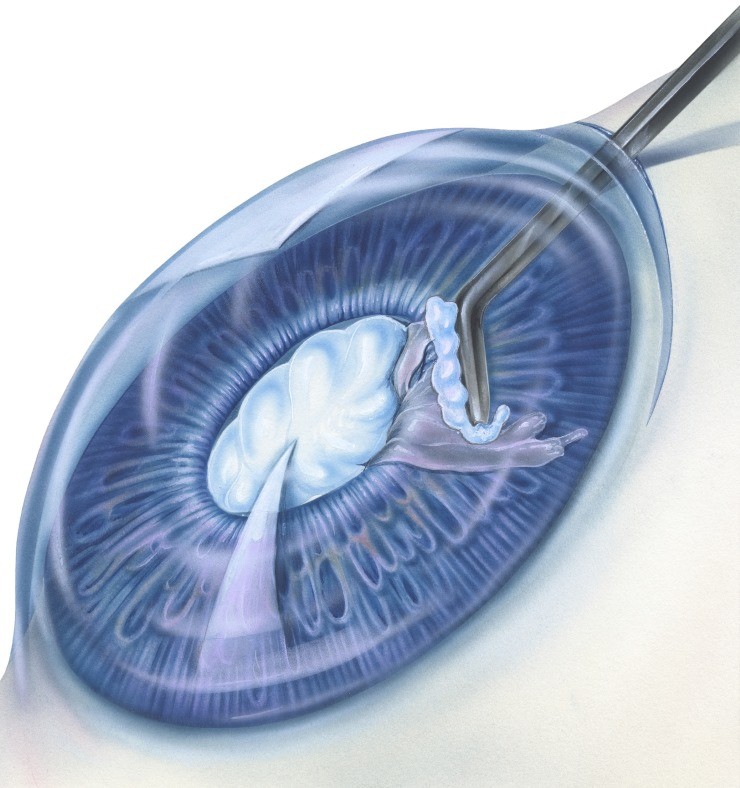If you walk into your doctor's office with a high cholesterol number, there is a great chance that you will walk out with a statin drug. Having an avalanche of cholesterol floating in your blood increases your risk of developing stroke, diabetes, high blood pressure, skeletal muscle damage, coronary heart disease, and heart attacks. Statins are a class of drugs widely used to lower cholesterol and prevent heart attack. Oddly enough, statins have never been proven to prevent the first heart attack in both men and women. In addition, only the statin drug Lipitor (Atorvastatin) has been proven to delay the onset of a second heart attack in men but not in women.
While the effectiveness of statins in preventing heart attack is still debatable, they have been linked to muscle pain, diabetes, rashes, digestive problems, neurodegenerative diseases, and liver damage. Now a new study has uncovered another important reason to avoid statins: they elevate the likelihood of developing cataracts. Cataracts are cloudy patches in the lens that can make vision blurred and misty. This eye condition is the leading cause of poor vision and blindness worldwide. Nearly 24 million people in the United States are reported to be suffering cataracts.
Researchers at the Wilford Hall Ambulatory Surgery Center in San Antonio, US, found that users of statin medications have 9% higher chances of developing cataracts compared to persons who do not take stain drugs. The findings of this study is supported by the results of a 2013 study, which further revealed that users of statins had a 27% higher risk of having cataracts than non-users of this medication.
Vegetable oils in the diet correlate highly with the risk for cataract development. Statin use can make the lipid panel blood results look artificially improved, thus lulling the patient into a false security to continue ingesting the coconut oil and olive oil that make cataracts more likely.
Statins are among the most widely prescribed drugs in the United States. About 1 in 4 Americans over the age of 45 are taking these cholesterol-lowering medications. Every time you take a statin drug, you not only boost your chances of getting cataracts, but you also endanger your health in other ways. Studies have shown that a surge in the risk of diabetes, Parkinson's disease, liver damage, rhabdomyosis, and autoimmune muscle diseases is associated with statin use. Why take a drug linked with many dangerous side effects to reduce your cholesterol levels when consuming healthy low-fat plant-based cholesterol-lowering foods, such as beans, vegetables, and whole grains, can give you a healthier cholesterol number without the health hazards associated with statins?
Additional Information:
(1) Statin for Women? Not My Patients
(2) 3 Foods that Fight High Cholesterol
(3) Association of Statin Use With Cataracts: a Propensity Score-Matched Analysis
